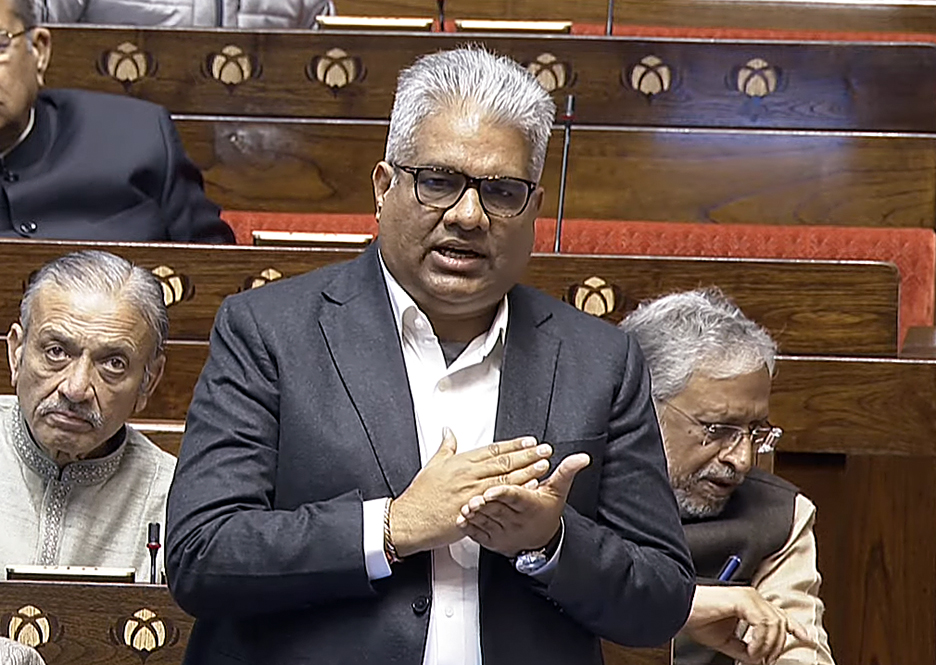Bhupendra Yadav stressed that the mangrove ecosystem in India offers a unique example of existing in harmony with nature...reports Asian Lite News
Union Minister for Environment, Forest and Climate Change Bhupendra Yadav said that India has adopted a holistic approach towards conservation. He stated that India is not just focused on reducing emissions to tackle the temperature rise but also working towards arresting land degradation, accelerating ecosystem restoration and enriching biodiversity.
While addressing the attendees of the Mangrove Alliance for Climate Ministerial Meeting at the COP28 Summit in Dubai on Saturday, Bhupendra Yadav said, “Working under the leadership of Hon’ble Prime Minister Shri Narendra Modi, India has adopted a holistic approach towards conservation. We are not just focused on reducing emissions to tackle temperature rise, but are also working towards arresting land degradation, accelerating ecosystem restoration and enriching biodiversity.”He noted that the value of biodiversity to humankind lies in its economic dimension along with the cultural and social aspects, according to the Ministry of Environment, Forest and Climate Change press release. He said that the Indian government, in budget 2023-24, rolled out the Mangrove Initiative for Shoreline Habitats and Tangible Incomes or MISHTI. He said that mangrove plantations along the coastline and salt pans are being taken up under this scheme.He said, “MISHTI will provide ecological co-benefits in terms of indirect economic growth worth Rs 51.78 billion per year, and additional carbon sink is estimated to be about 4.5 million tons in 10-year horizon. These contributions will help India achieve its NDC target.”Bhupendra Yadav stressed that the mangrove ecosystem in India offers a unique example of existing in harmony with nature.
He said that Sunderban is of critical importance for dolphins, crocodiles and critically endangered turtles, the Ministry of Environment, Forest and Climate Change said in a press release.Yadav said, “The mangrove ecosystem in India offers a unique example of existing in harmony with nature. The Sunderbans, lying along eastern India, offers the largest contiguous mangrove forest in the world.”
“Interestingly, the Sundarban mangroves are the only mangrove habitat for tigers worldwide. The Sundarban is of critical importance for dolphins, crocodiles and the critically endangered turtles and also the people who live in the region,” he added.He said that mangroves help with natural coastal protection for the adaptation of local communities against the increasing frequency of cyclones and erosion. He underscored that restoration, conservation and management of forest cover including mangrove forests are one of the elements of India’s Long-Term Low Carbon Development Strategy. (ANI)
ALSO READ- ‘India, Sweden want to do things smarter, sustainable’














